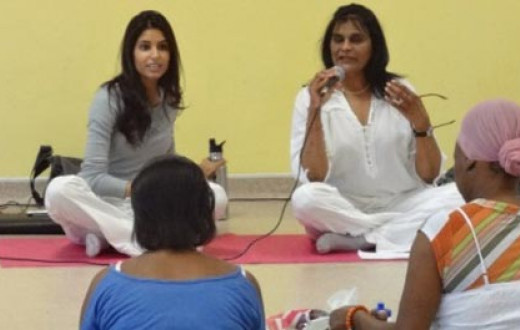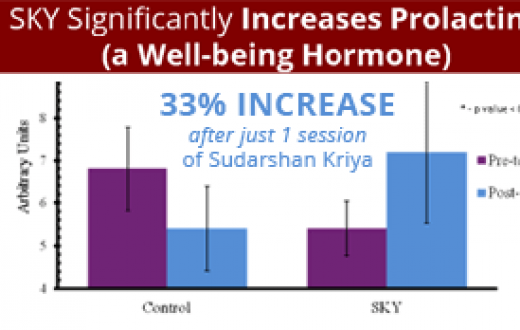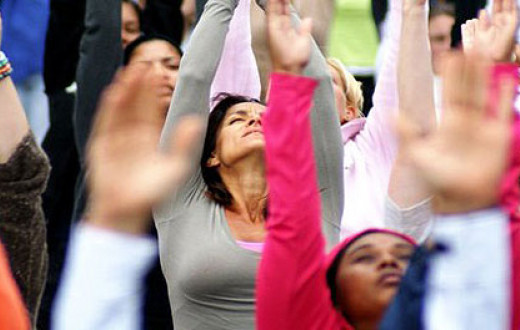Simple meditation techniques to help a beginner
Tips so simple, yet very effective to have a deeper meditation experience:
- Choose a convenient time
- Choose a Quiet Place
- Sit in a Comfortable Posture
- Keep a Relatively Empty Stomach
- Start With a Few Warm-ups
- Take a Few Deep Breaths
- Keep a Gentle Smile on Your Face
- Open Your Eyes Slowly and Gently
Did you know by spending just a little time preparing for your meditation, you can actually have a deeper experience in meditation? The question about ‘how to meditate’ and especially, ‘how to meditate at home’ become easier when you prepare yourself.
Here are some meditation tips for beginners, to help you prepare for your meditation at home.
Choose a Convenient Time

Meditation is essentially relaxation time, so it should be done entirely at your convenience. Choose a time when you know you are not likely to be disturbed and are free to relax and enjoy.
The hours of sunrise and sunset, while nature transitions between day and night, are also ideal for the practice. You will also find these times quiet at home, which will help in your meditation.
Choose a Quiet Place

Just like a convenient hour, choose a place where you not likely to be disturbed.
Quiet and peaceful surroundings can make the meditation experience for a beginner more enjoyable and relaxing.
Sit in a Comfortable Posture

Your posture makes a difference too. Make sure you are relaxed, comfortable and steady.
Sit straight with your spine erect; keep your shoulders and neck relaxed, and eyes closed throughout the process.
That you have to sit in padmasana (the lotus position) to meditate is a very common myth of meditation.
Keep a Relatively Empty Stomach

A good time to meditate at home - or in office - is before having a meal.
After food, you might doze off while meditating. However, do not force yourself to meditate when you are very hungry.
You will find it difficult because of hunger cramps or you may even keep thinking about food the whole time! In this case, you can meditate after two hours after having food.
Start With a Few Warm-ups

A few warm-up or sukshma yoga exercises before sitting to meditate helps improve circulation, removes inertia and restlessness and makes the body feel lighter.
This is a very important step in your list of ‘how to meditate’ since you will be able to sit steadily for a longer time.
Take a Few Deep Breaths

This is again preparation for easy meditation. Deep breathing in and out as well as doing some nadi shodhan pranayama before meditating is always a good idea.
This helps to steady the rhythm of the breath and leads the mind in to a peaceful meditative state.
Keep a Gentle Smile on Your Face

You will see the difference!
A gentle smile throughout keeps you relaxed, peaceful and enhances your meditation experience.
Open Your Eyes Slowly and Gently

As you come close to the end of the meditation, don't be in a hurry to open your eyes and start moving about. Open your eyes slowly and gradually and take time to become aware of yourself and your surroundings.
Feeling lack of motivation or restlessness? Are emotions taking a toll on your personal and work life? Fill in the form below to learn meditation tips that can aide you in overcoming daily issues and improve your life.
Related Articles-































